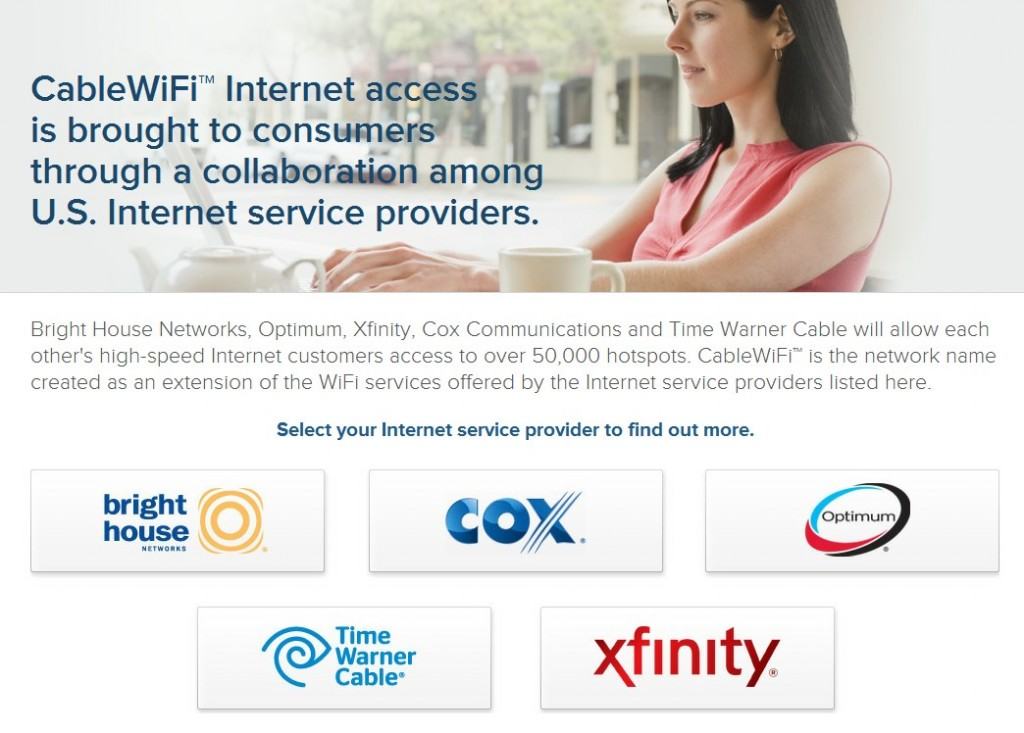Oceanic Cable, a division of Time Warner Cable, will soon be devoting some prime channel real estate to former Republican governor Linda Lingle. Lingle is getting her own cable channel that will feature nothing but on-demand programming produced by the Senate candidate’s campaign.
While neither the campaign or Oceanic Cable will currently disclose how much Lingle is spending to rent the channel space, Oceanic viewers will have yet one more channel on their cable lineup they did not ask for or necessarily want.
The new Lingle Channel has been granted a prominent position on the cable company’s digital lineup on channel 110, right between Fox News Channel and Headline News.
The other candidates in the election admit they can’t afford to launch their own 24-hour cable channel or prefer to take issues direct to voters and not “filter them” through a carefully coordinated cable message produced by the campaign.
Lingle has raised $3.1 million for her campaign. She leads over John Carroll who has $23,000 on hand; Rep. Mazie Hirono, $2.3 million; and Ed Case, $615,000.
[flv width=”360″ height=”290″]http://www.phillipdampier.com/video/KHON Lingle Gets 24 Hour Cable Channel 6-6-12.mp4[/flv]
KHON in Honolulu reports Oceanic Cable customers are about to get a new channel on their lineup, whether they want it or not. (3 minutes)


 Subscribe
Subscribe




